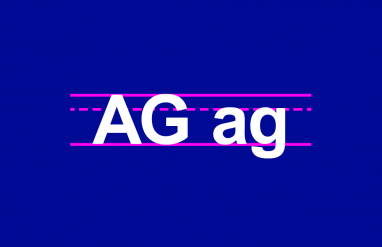Day 1: Character analysis
Looking for more?
- Have you seen our Week 1 activities for high school students?
- How about Week 2 for more daily activities? Take a look!
Self-guided activity:
1. Read this slideshow about character names that became so famous their names entered the English language.
Choose one of the characters and read the texts they originated from while keeping in mind why they might have become such iconic characters.
2. Now it’s your turn to come up with an iconic character!
Read this article about about picking names for characters.
- Can you create a story about a character with a specific personality? Who knows, maybe your character’s name will eventually enter the lexicon!
- Write your story in the Thesaurus.com Writing Tool.
Family time activity:
1. Show pictures of your friends or random people to your family members.
Try to have them guess what kind of name would suit the person based on their perceived looks and personality. Ask them why they picked each name.
These activities address CCSSI Reading Standard:
Analyze how complex characters (e.g., those with multiple or conflicting motivations) develop over the course of a text, interact with other characters, and advance the plot or develop the theme.




















